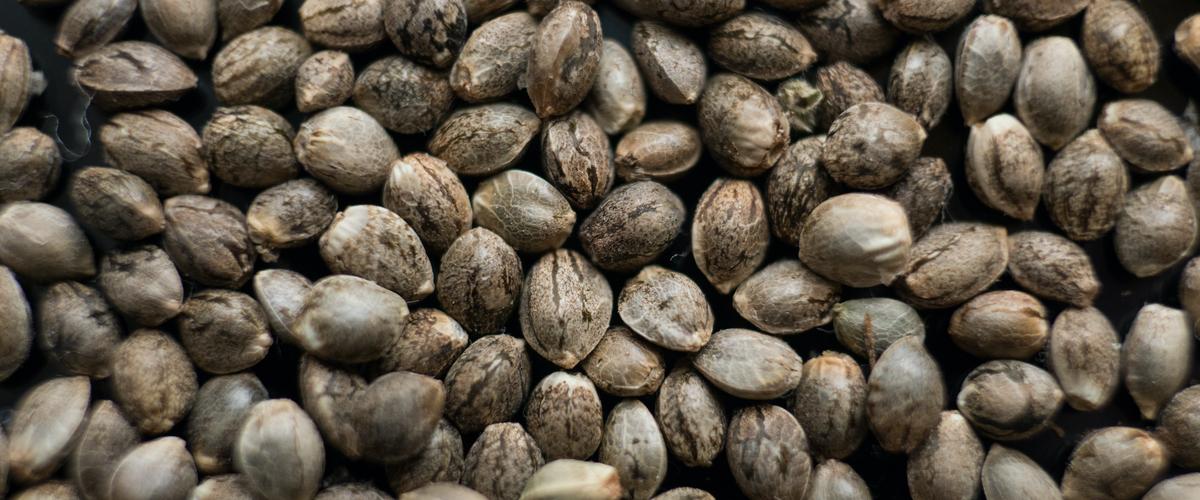Cultivating a Greener Future: The Role of Hashish Seeds in Sustainable Farming
In new many years, the discussion all around sustainable farming methods has gained momentum, with an rising aim on environmentally friendly alternatives. Just one intriguing player in this movement is the hashish plant, especially its seeds. Hashish seeds have emerged as a probable activity-changer in sustainable agriculture, supplying a myriad of advantages that extend further than the realm of leisure and medicinal use.
The Eco-Helpful Mother nature of Cannabis Seeds:
Cannabis vegetation are recognized for their resilience and adaptability, making them an suitable candidate for sustainable farming. The cultivation of cannabis seeds demands less pesticides and herbicides in contrast to quite a few other crops, contributing to a reduction in environmental air pollution. Additionally, hashish crops have deep root units that enable stop soil erosion, advertising soil wellbeing and fertility.
H2o Effectiveness:
H2o shortage is a important concern in agriculture, but cannabis has tested to be a rather water-efficient crop. Cannabis crops have a distinctive potential to thrive in assorted climates, from arid regions to additional temperate zones, making it possible for for cultivation in regions in which water methods may be limited. This adaptability would make cannabis seeds a promising solution for farmers seeking to preserve water and lessen their environmental influence.
great site and Crop Rotation:
Sustainable farming techniques typically emphasize the relevance of biodiversity and crop rotation to sustain soil overall health. Cannabis suits very well into these concepts, as its cultivation can lead to crop rotation cycles, preventing the depletion of nutrition in the soil. In addition, cannabis crops guidance biodiversity by providing a habitat for different bugs, birds, and microorganisms that participate in critical roles in ecological balance.
Carbon Sequestration:
A single often-ignored part of hashish cultivation is its prospective to act as a carbon sink. Cannabis plants take up carbon dioxide throughout photosynthesis, encouraging mitigate the consequences of local weather modify. When grown on a big scale, hashish has the ability to sequester major quantities of carbon, generating it a precious ally in the struggle in opposition to world wide warming.
Hemp: A Flexible and Sustainable Crop:
Within just the hashish household, hemp stands out as a particularly adaptable and sustainable crop. Hemp fibers can be made use of to make a vast vary of eco-friendly merchandise, like textiles, paper, and biodegradable plastics. Hemp seeds, abundant in protein and necessary fatty acids, are a healthy addition to human and animal diet plans, offering a sustainable alternative to standard crops.
Financial Gains for Farmers:
In addition to its environmental advantages, cultivating cannabis seeds can give financial rewards for farmers. The rising desire for hemp-derived goods, these as CBD oil and hemp-dependent textiles, opens up new profits streams. As a lot more nations legalize and control hashish cultivation, farmers have the prospect to diversify their crops and tap into a burgeoning market place.
Worries and Issues:
When the likely benefits of hashish seeds in sustainable farming are promising, there are problems and things to consider that can not be dismissed. Regulatory frameworks, varying lawful statuses, and the stigma associated with cannabis cultivation can pose hurdles for farmers. Nonetheless, as attitudes to hashish go on to evolve globally, it is important to deal with these issues to unlock the comprehensive potential of cannabis in sustainable agriculture.
Conclusion:
Cannabis seeds have the opportunity to revolutionize sustainable farming practices by presenting a crop that is resilient, water-successful, and environmentally helpful. As the entire world grapples with the urgent require for sustainable methods in agriculture, exploring the possibilities of hashish cultivation gets to be increasingly critical. By embracing the ecological advantages of hashish seeds, farmers can add to a greener upcoming even though reaping economic benefits. It is time to realize cannabis not just for its leisure and medicinal value but also for its position in cultivating a a lot more sustainable and resilient agricultural landscape.
